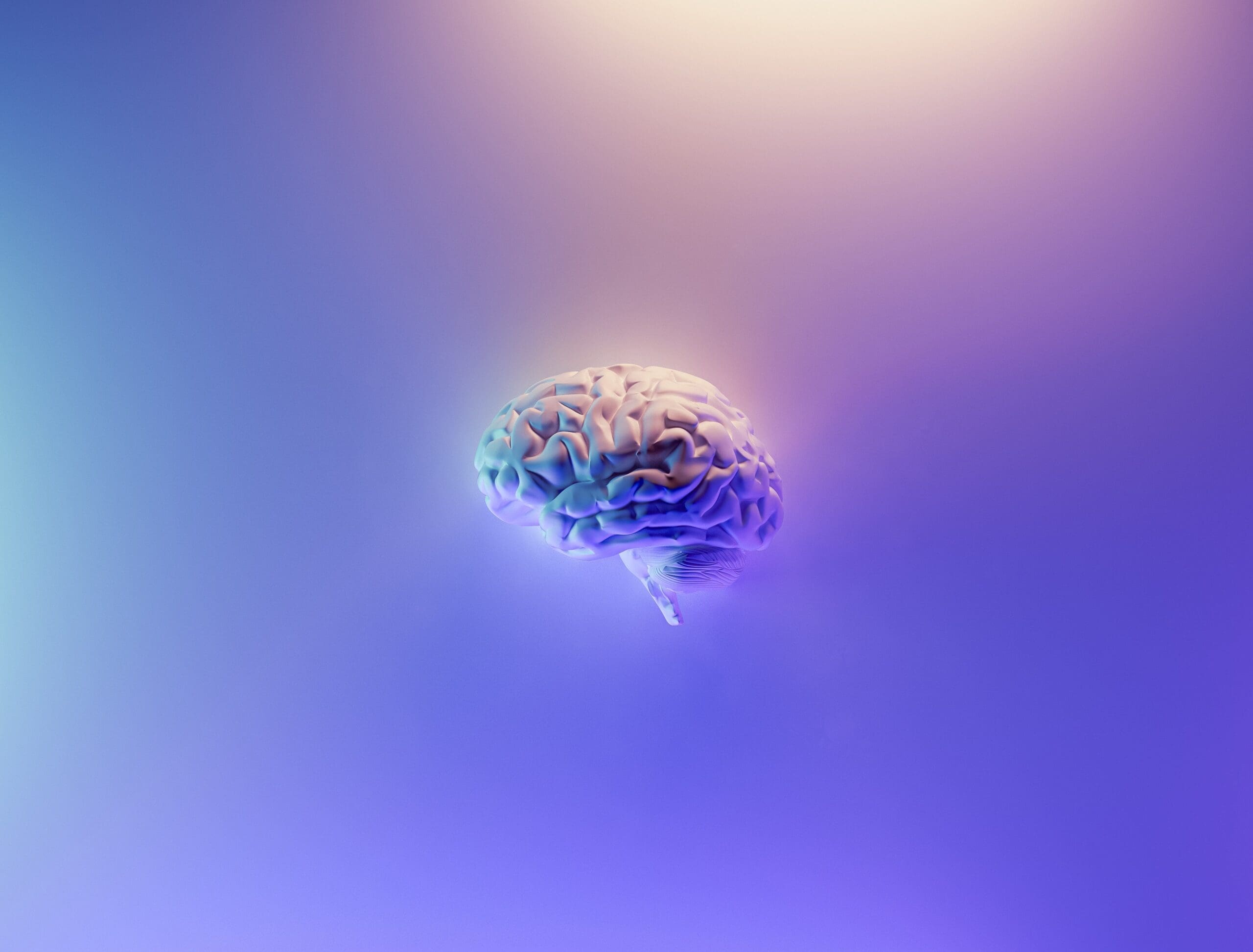Introduction
In the evolving world of cognitive enhancers, also known as nootropics, one compound is rapidly gaining interest: Cannabidiol (CBD). As a non-intoxicating compound found in cannabis, CBD is already recognised for a range of therapeutic benefits. But, could CBD also enhance cognitive function, earning a place amongst nootropics? Let’s explore what the research tells us.
Firstly, what are nootropics? They are natural or synthetic substances that may boost cognitive abilities, including memory, creativity, motivation, and focus. Importantly, they are also characteristically safe, featuring low toxicity and minimal side effects.
Enter CBD, which is gaining a reputation for potential therapeutic benefits in conditions ranging from anxiety to epilepsy. Could it also offer cognitive enhancement?
Mental clarity
In a 1993 study, Zuardi and colleagues demonstrated that CBD could potentially reduce anxiety in individuals with social phobia, further suggesting CBD’s capacity for cognitive enhancement. A study by Fadda et al. in 2004 also highlighted CBD’s potential in promoting wakefulness and focus. These papers help with the concept of mental clarity with patients taking CBD.
Antipsychotic effects
A 2014 study by Schubart et al., proposed CBD as a potential treatment for psychosis, indicating its positive effects on cognitive function. This was further corroborated in a systematic review by Iseger and Bossong in 2015, which highlighted CBD’s antipsychotic properties and its potential in managing cognitive symptoms in schizophrenia. This goes above and beyond what typical nootropic claims of benefits to brain health.
Neuroprotection
CBD’s potential as a neuroprotectant, helping to preserve the structure and function of brain cells, also aligns with the nootropic profile. Hampson et al. (1998) found that CBD possesses significant neuroprotective properties, behaving as an antioxidant. Beale et al. (2018) added to this evidence by showing that CBD could potentially restore parts of the brain, such as the hippocampus, affected by chronic cannabis use.
Recent reviews, including those by Osborne et al. (2017) and Jurkus et al. (2016), further highlight CBD’s potential to alleviate cognitive impairments in both human and animal models, suggesting the compound’s promise as a nootropic.
Conclusion
Collectively, these findings point towards the potential of CBD as a nootropic. With abilities that align with improved cognitive function and neuroprotection, CBD fits within the definition of nootropics. While more extensive research is needed to solidify CBD’s place in the world of cognitive enhancers, the existing evidence certainly paints a promising picture.
As always, remember to consult with your healthcare provider before starting any new supplement or medicine, including CBD. Especially if you are on any medication, your healthcare provider can help to understand your unique needs and navigate the best approach to your wellness journey.
For more information on CBD and cognitive enhancement, book with our doctors today.
Disclaimer: This article is for informational purposes only and should not be considered medical advice. Consult with a healthcare professional for personalised guidance and advice regarding caffeine, THC, or any other substances.
References:
- Schubart, C. D., et al. (2014). Cannabidiol as a potential treatment for psychosis. European Neuropsychopharmacology, 24(1), 51-64.
- Iseger, T. A., & Bossong, M. G. (2015). A systematic review of the antipsychotic properties of cannabidiol in humans. Schizophrenia Research, 162(1-3), 153-161.
- Hampson, A. J., et al. (1998). Cannabidiol and (−)Δ9-tetrahydrocannabinol are neuroprotective antioxidants. Proceedings of the National Academy of Sciences, 95(14).
- Beale C, Broyd SJ, Chye Y, Suo C, Schira M, Galettis P, Martin JH, Yücel M, Solowij N (2018) Prolonged cannabidiol treatment effects on hippocampal subfield volumes in current cannabis users, Cannabis and Cannabinoid Research 3:1, 94–107.
- Zuardi, A.W., et al. (1993). Effects of ipsapirone and cannabidiol on human experimental anxiety. Journal of Psychopharmacology, 7: 82–88.
- Osborne, A.L., Solowij, N., and Weston-Green, K. (2017). A systematic review of the effect of cannabidiol on cognitive function: Relevance to schizophrenia. Neuroscience and Biobehavioral Reviews, 72: 310-324.
- Fadda, P., et al. (2004). Cannabinoids for the treatment of dementia. Cochrane Database Syst Rev, 11.
- Bergamaschi, M.M., et al. (2011). Cannabidiol reduces the anxiety induced by simulated public speaking in treatment-naïve social phobia patients. Neuropsychopharmacology, 36(6): 1219–1226.
- Jurkus, R., et al. (2016). Cannabidiol regulation of emotion and emotional memory processing: relevance for treating anxiety-related and substance abuse disorders. British Journal of Pharmacology, 173(19): 3139–3150.








